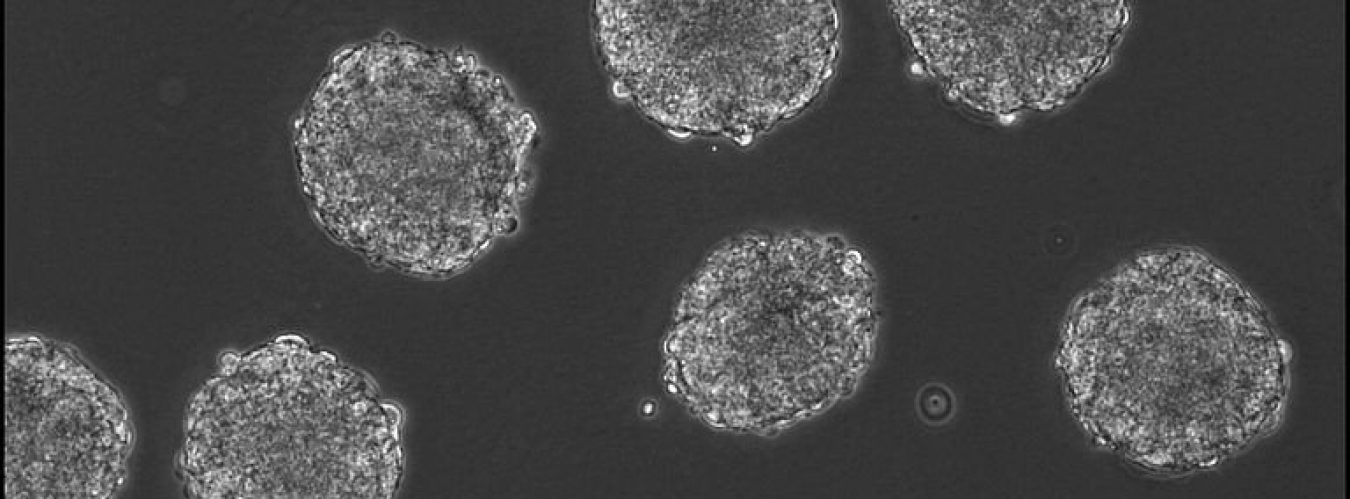The Massachusetts Institute of Technology (MIT) has recently released a study that shows how the bacteria that naturally live in our lungs create an environment that suppresses T-cell activity. Unfortunately, this interferes with cancer treatments such as immunotherapy. As a result, scientists are trying to figure out a way to re-activate the T-cells in the lymph nodes near the lungs so they can continue their normal anti-tumor activities.
Currently, the process of how these tissue-specific immunoregulatory mechanisms work isn’t fully understood. So, they looked into part of the problem via a mouse study where they implanted tumors in either the lungs or the flank. Then, they observed the activity of the T-cells in each affected part of the body. It turns out that regulatory T-cells make sure that the immune system doesn’t attack the body itself, but they can also interfere with the dendritic cells’ ability to activate killer T-cells meant to destroy tumors by removing stimulatory proteins from the surface of dendritic cells. This makes it so they can’t “turn on” the T-cells. The substance that contributes to the problem is called “interferon-gamma”. This is induced by the bacteria in our lungs.
However, they found that this problem can be circumvented by introducing antibodies that block excess interferon-gamma. Here’s the catch, though: If we block too much interferon-gamma, it decreases the immune system’s overall response against tumors. So, we need to find another way that’s less potentially counterproductive. Some possible approaches are blocking the regulatory T-cells that are suppressing the killer T-cell response or blocking the signals coming from the bacteria once we figure out which species is doing it. Further studies are needed to better understand everything that’s going on, but it’s a decent start.
For those who are interested, here’s the study:
https://www.cell.com/immunity/pdfExtended/S1074-7613(23)00020-1
